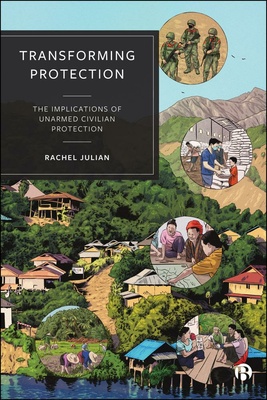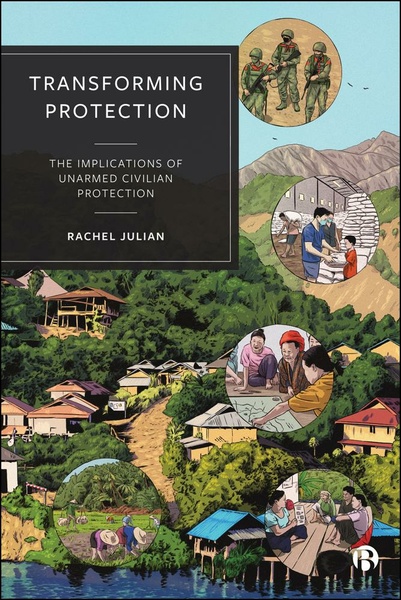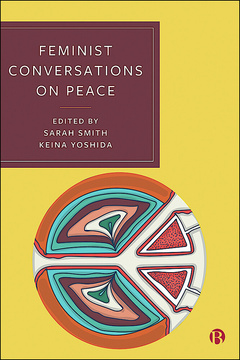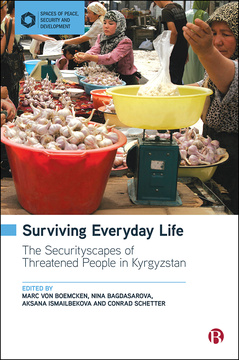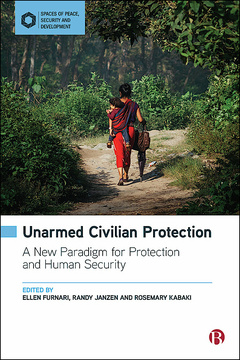Published
Jun 26, 2025Page count
176 pagesISBN
978-1529233902Dimensions
234 x 156 mmImprint
Bristol University PressPublished
Jun 26, 2025Page count
176 pagesISBN
978-1529233896Dimensions
234 x 156 mmImprint
Bristol University PressPublished
Jun 26, 2025Page count
176 pagesISBN
978-1529233919Dimensions
234 x 156 mmImprint
Bristol University PressRachel Julian is Professor in Peace Studies at Leeds Beckett University.
1. Introducing Unarmed Civilian Protection and the Contested Nature of Protection
2. Nonviolence Principles and Unarmed Civilian Protection
3. Local Communities and Inclusion
4. A Feminist View of Protection
5. Protection Behaviours not Actors
6. Addressing Different Forms of Violence and Protection Threats
7. Contesting Power and Protection
Conclusion
Related Titles







